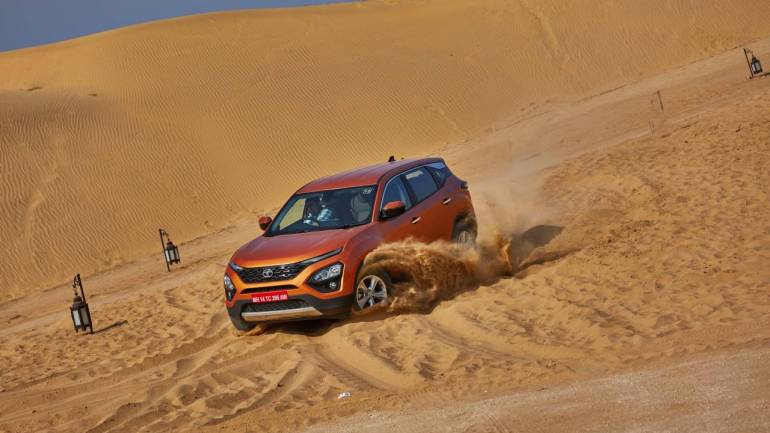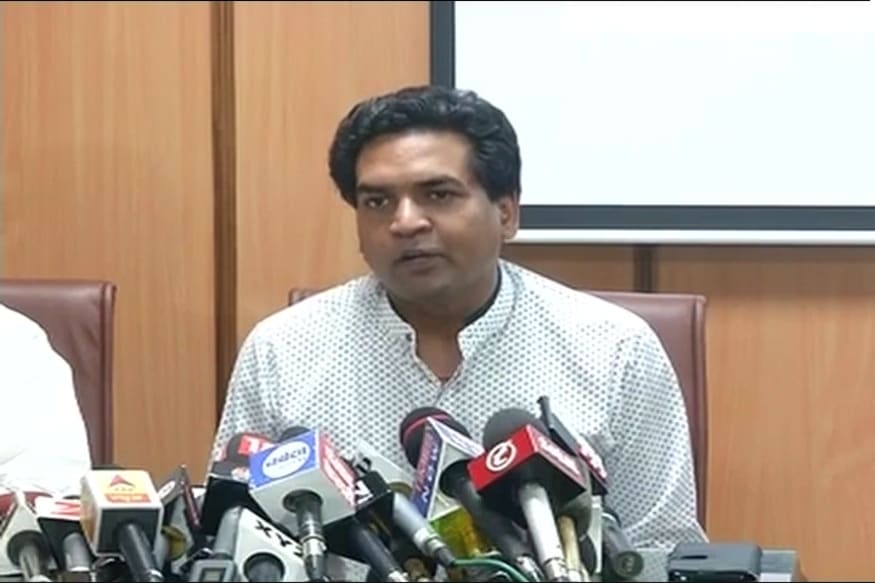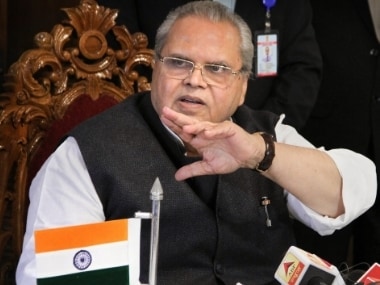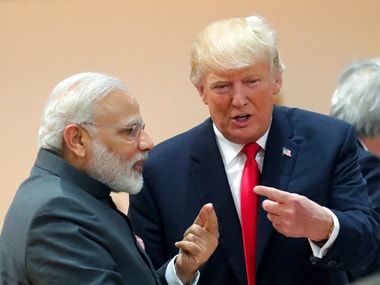By sourcing engines from another company carmakers are able to keep product development, variable and fixed costs low
Car manufacturers, including Tata Motors and Mahindra, forged over 6 partnerships to source next-generation engines in their bid to meet Bharat Stage VI (BS-VI) emission norms which come in to effect in the next 12 months.
By sourcing engines from another company, carmakers are able to keep product development, variable and fixed costs low, thus allowing them to keep vehicle price at competitive levels. BS-VI grade diesel engines are expected to be much more expensive than today’s BS-IV versions due to their high development costs.
These engines will power a range of vehicles starting from cargo carrying three-wheelers, to modern sports utility vehicles (SUV) and medium and heavy trucks. Many of these products will start hitting showrooms in FY20 itself.
Tata Motors, Mahindra, Fiat and Ford, almost all the big names have been involved in such partnerships.
The deals
The newest SUV from Tata Motors named Harrier is powered by a 2.0 litre diesel engine sourced from Fiat Chrysler Automobiles (formerly Fiat India). The BS-VI complaint engine will power the upcoming seven seat version of the Harrier too that is scheduled to go on sale this year.
Tata Motors was also in talks with Korean giant Hyundai to source a diesel engine for the automatic version of the Harrier. Due to technical issues the deal could not materialise, said sources. Fiat was keen to sell the automatic version of the 2.0 litre diesel to Tata Motors for the Harrier.
Besides Tata Motors, the Italian-American company landed another customer for the same engine. MG Motors, a British brand owned by the Chinese, will use this engine in its India-debut model Hector, a five-seater premium SUV later this year. Fiat also uses the same engine in the Jeep Compass SUV.
But its not Fiat alone who is the supplier of engines. Home grown utility vehicle specialist Mahindra & Mahindra (M&M) has agreed to supply 1.2 litre, turbo-charged petrol engine to Ford Motor Company to be used in the EcoSport SUV. This BS-VI-ready three-cylinder unit, is seen on the Mahindra XUV300, that was launched recently.
M&M is not just the supplier but a buyer of engines too. The Mumbai-based company forged an agreement with engine manufacturer Greaves Cotton to source a small two-cylinder diesel engine for its three-wheeler range. This engine will comply with BS-VI norms. Greaves also signed an agreement to sell BS-VI engines to Italian auto brand Piaggio for its three-wheelers.
Tata Motors and Ashok Leyland tied up with Westport Fuel Systems and Hino, respectively, for BS-VI engine technology. Canada-based Westport will supply CNG-fired, 4 and 6 cylinder engines to Tata Motors for its range of trucks and buses. Tata Motors has been in agreement with Cummins to source diesel engine since past many years and the arrangement will continue for BS-VI diesel engines too.
Ashok Leyland’s tie-up with Japan’s Hino for BS-VI technology will be a quid-pro-quo arrangement for Hino’s requirement of engine parts purchasing.
Further, Volkswagen-Skoda, which is looking to revive its fortunes in India through a series of products starting 2020, is looking for buyers of its BS-VI engines. Part of the India mandate from their headquarters in Germany is to meet economies of scale and work towards a profitable long-term growth which has remained elusive for the most part of the group’s presence here.
The Volkswagen group is looking to kick-start project 2.0 with a range of new engines which will be different than its current generation units and will also have a much higher degree of localization of 95 percent, up from 76 percent currently.

















































